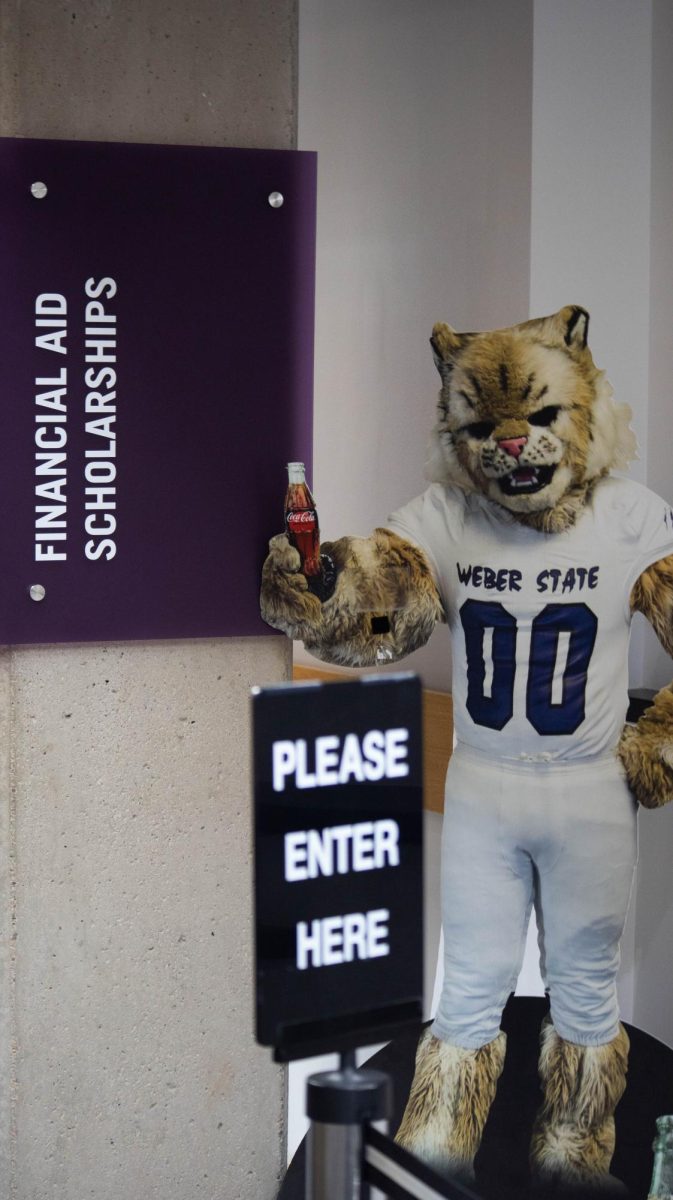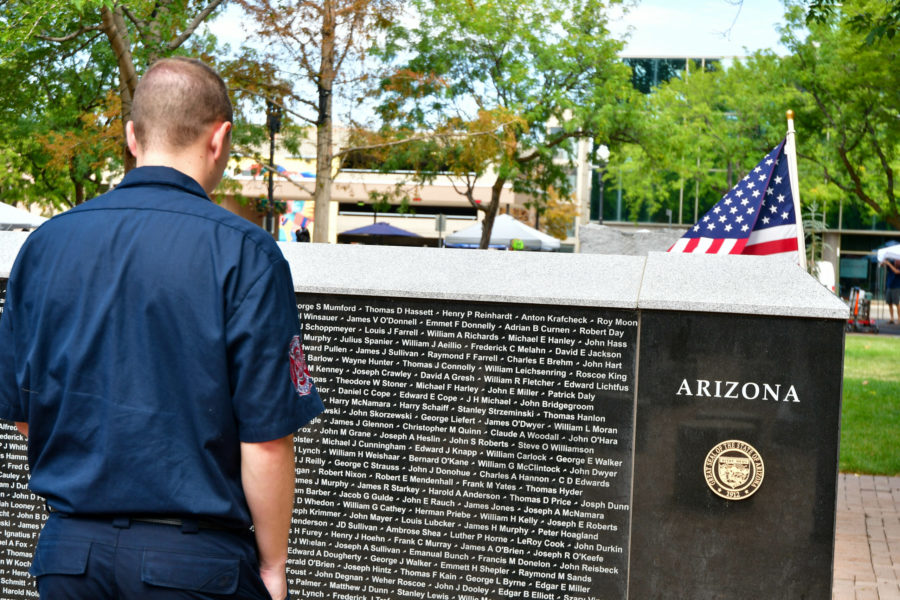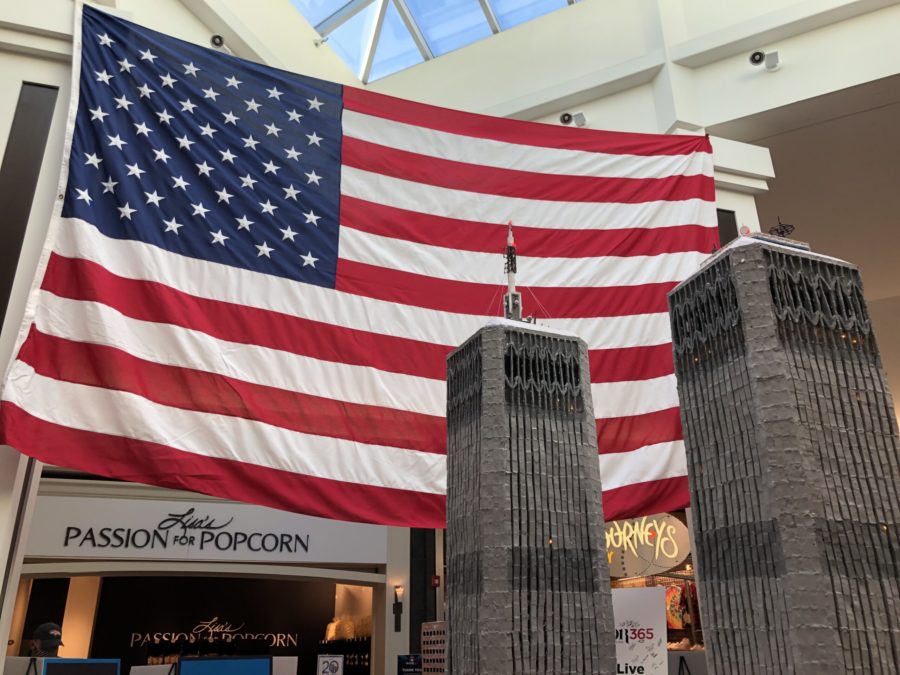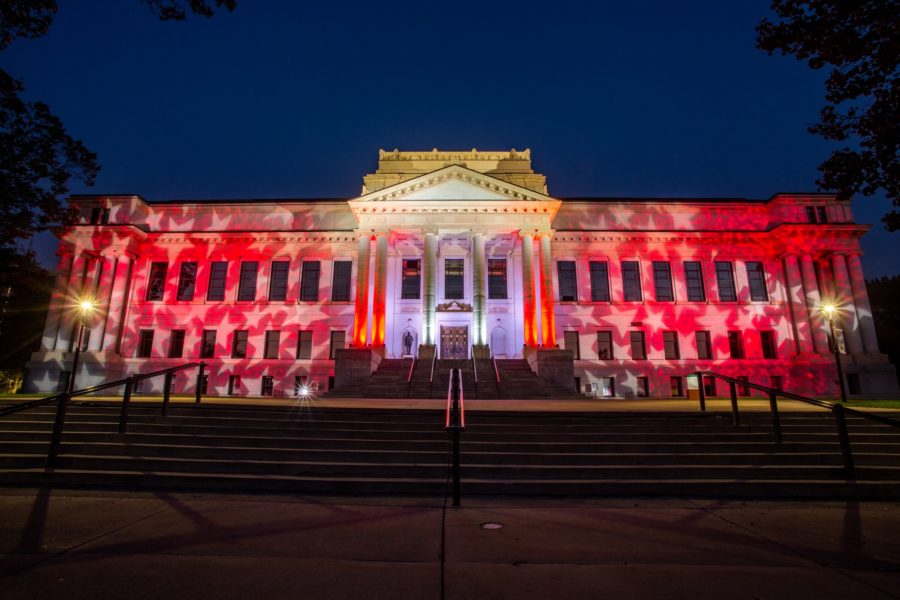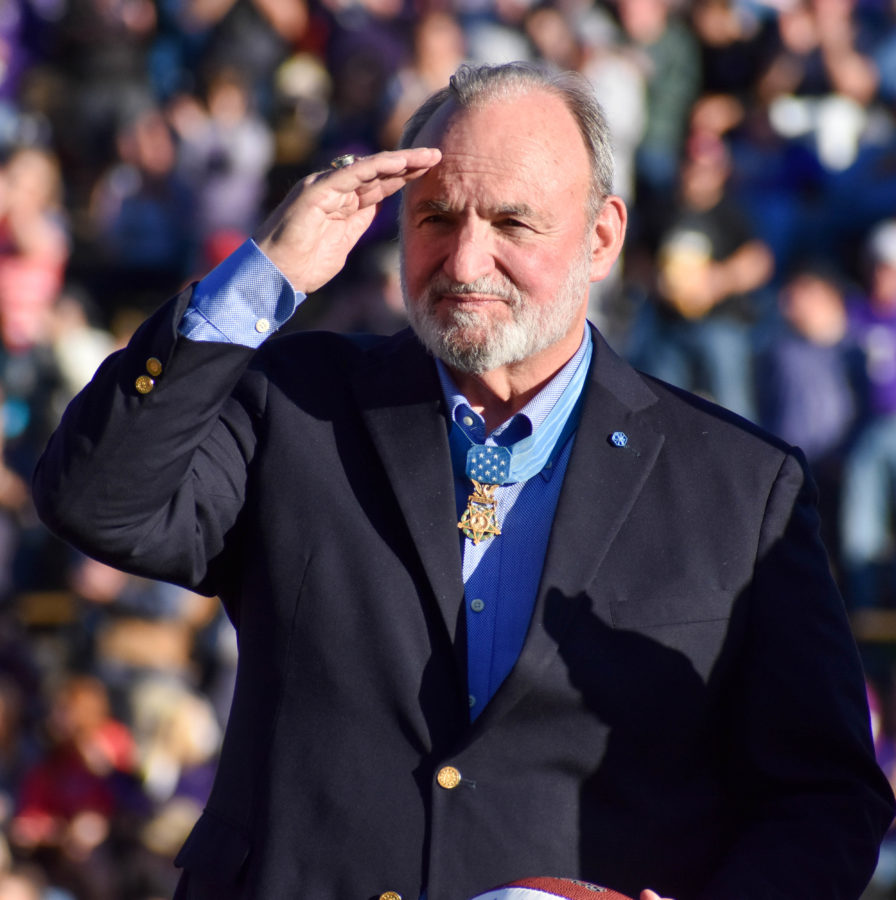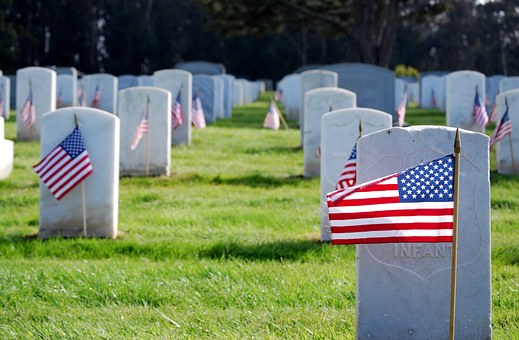
As veteran soldiers make the transition from active duty to full-time academia, many are finding themselves engaged in a different type of struggle on soil as foreign as the battlefields they left behind.
Iraqi war vet and Weber State University student Jennifer Comer is fighting back.
Comer, a criminal justice and sociology major, is campaigning to bring a USO-like veterans’ resource center to WSU as a means of helping its 1,000-plus veterans make the adjustments necessary to succeed in higher education.
“Sure, we have the Nontraditional (Student) Center, the Women’s Center, the Multicultural Center, and the International Center for students,” Comer said. “But are veterans going to be around similar people in any of those places? No, not really. Veterans need a place they can call their own — a place where they can be around other student veterans and around those who know what they’re going through.”
Comer said she envisions a veterans’ resource center with comfortable chairs, a pool table and a speed bag for stress relief, where WSU’s veterans can relax and find direction from both student and professional resources.
“When I first came home, I had no idea what to do,” said Brian Davis, a WSU veteran. “I got out of the military and two days later was registered for school. I wasn’t sure where to go or who to talk to, so I relied on my military training, which is just getting it done regardless of what you have to do. It would have been nice to have a place to go where I could have felt comfortable among other veterans, while getting advice from those who had gone through similar things.”
Currently, the Veterans Affairs Office at WSU is designated for the processing of military education benefits. Though Sheila Simko, a WSU Veterans Affairs certifying official, emphasized that the staff is always willing to talk to veterans in need, she said the environment isn’t the most accommodating.
“What we have now is small, so small that we can’t even fit our 1,700 veteran files because our cabinets are full,” Simko said. “Our veterans, especially those with post-traumatic stress disorder, need a comfortable and quiet resource place alongside what we offer here. The two should go hand in hand. . . . My father was 100 percent disabled, and was left with nine bullet holes and a bullet still left in his brain after the war. I took him to resource centers when I was taking care of him. That was his only way to chit-chat and talk with the guys from World War II, and that meant everything to him until he passed away two years ago. He needed it; he couldn’t make it through a week without seeing his buddies.”
According to statistics from the George Washington University Face the Facts Initiative, veterans now account for 20 percent of suicides, while 1 in 5 veterans of the Iraq and Afghanistan wars are diagnosed with post-traumatic stress disorder.
“A veteran resource center here is going to help with relationships; it’s going to help wives and children, and if you want to have better families and better family relationships, less suicides, less abuse and domestic violence, this needs to be available for our veterans,” Simko said.
WSU is currently in the administrative stage regarding this project.






